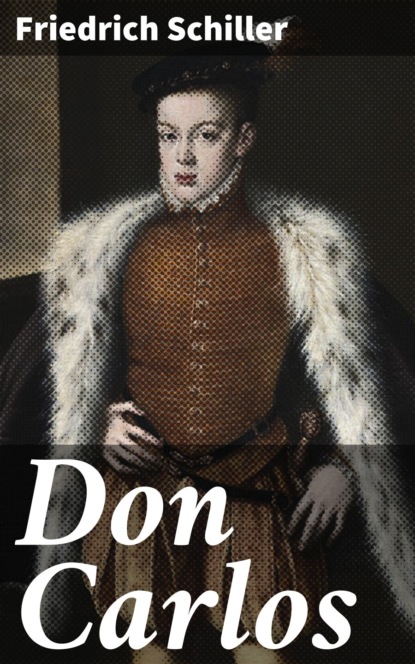Sayfa sayısı 210 sayfa
0+

Kitap hakkında
Friedrich Schiller's 'Don Carlos' is a poignant exploration of the intricacies of power, love, and personal freedom set against the backdrop of the Spanish Inquisition. Written in the late 18th century, this dramatic play employs a rich, lyrical style that reflects Schiller's deep engagement with the themes of Enlightenment and Romanticism. The interplay of heartfelt dialogue and intense political intrigue invites readers to delve into the moral dilemmas faced by the characters, principally Don Carlos, the son of King Philip II, who grapples with the oppressive constraints of authority and his own yearning for personal fulfillment amidst societal turmoil. Schiller, a key figure in German literature and philosophy, was profoundly influenced by the tumultuous political landscape of his time, as well as by the struggle for freedom and autonomy that characterized the Enlightenment. His own experiences of conflict with authority, both personal and political, inspired his dramatic works, allowing him to articulate the profound complexities of human emotions in the face of oppressive power structures. Schiller's life and work reflect a commitment to the ideals of humanism and ethical responsibility, providing a rich context for 'Don Carlos.' Readers seeking a powerful narrative that challenges the bounds of artistic expression and human dignity will find 'Don Carlos' particularly resonant. With its richly woven themes of love, sacrifice, and the quest for liberty, this work serves not only as a compelling historical drama but also as a timeless reflection on the human condition that remains relevant in contemporary discussions about authority and resistance.
In this enriched edition, we have carefully created added value for your reading experience:
– A succinct Introduction situates the work's timeless appeal and themes.
– The Synopsis outlines the central plot, highlighting key developments without spoiling critical twists.
– A detailed Historical Context immerses you in the era's events and influences that shaped the writing.
– An Author Biography reveals milestones in the author's life, illuminating the personal insights behind the text.
– A thorough Analysis dissects symbols, motifs, and character arcs to unearth underlying meanings.
– Reflection questions prompt you to engage personally with the work's messages, connecting them to modern life.
– Hand‐picked Memorable Quotes shine a spotlight on moments of literary brilliance.
– Interactive footnotes clarify unusual references, historical allusions, and archaic phrases for an effortless, more informed read.
